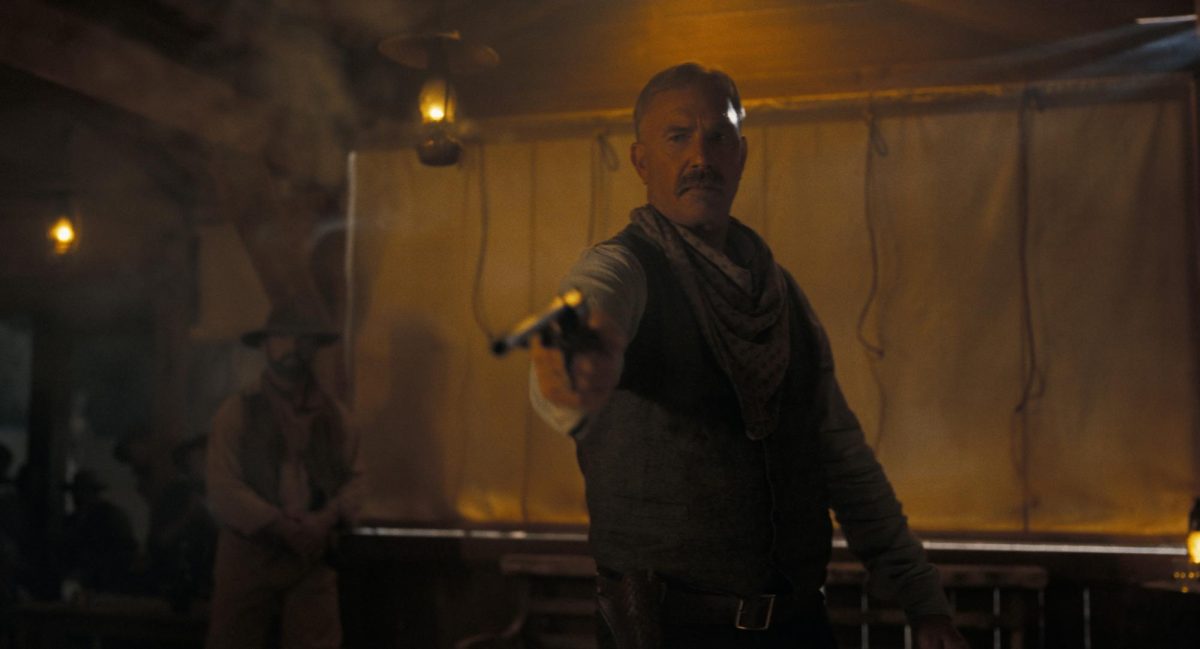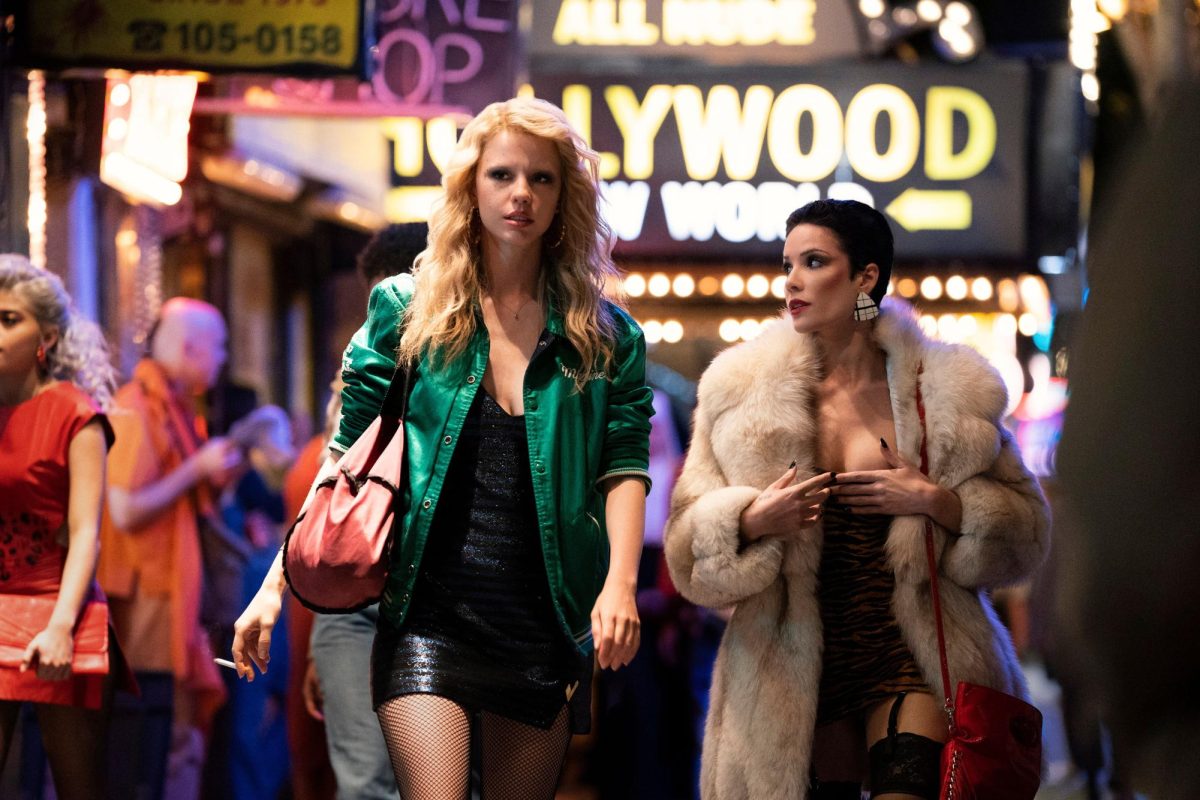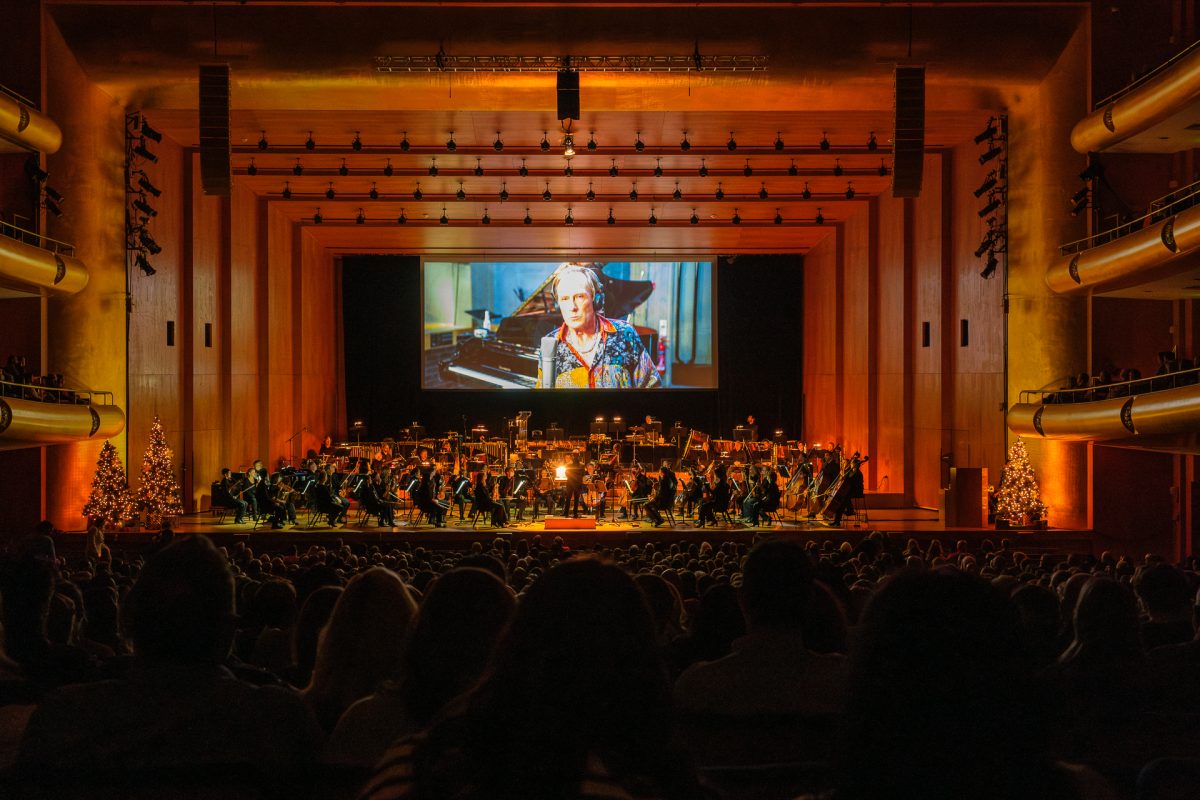More often than not, the most beloved films are accompanied by iconic scores. Despite the importance of music in cinema, many audiences overlook it, enjoying the melodies without acknowledging the work put into creating them. With the Utah Symphony’s Films in Concert series, the score takes center stage as the orchestra performs it live while the film plays behind them on a large screen. In this series, the symphony has covered everything from romcoms like “Love Actually” to sci-fi spectacles like “Star Wars: The Force Awakens.” Their most recent endeavor was the 1942 classic “Casablanca,” as the orchestra transported the audience to Rick’s Cafe through Max Steiner’s timeless score. To learn about how this was accomplished, the Chronicle spoke to the Utah Symphony’s Communications Manager, Megs Vincent.
“These films are uniquely prepared for our films in concert series,” Vincent said on the process of bringing these experiences to Utah. “They basically take the film and strip it of the soundtrack. Obviously not at all anything lyrical or things like that, but what the symphony plays, so that they can then perform the movie and have the symphony perform at the same time.”
Within this collection of music-removed films are about “100 or so” movies, some which are silver screen classics and others which are modern blockbusters.
“These films are restructured … they put together a whole nice little package where you have the film, the projection will be using the score,” Vincent said. “The score that the conductor receives is all marked up with timestamps so that they’re able to kind of keep track because obviously, the score is at a certain pace and has to stay with the film to fit timing.”
Performing The Music
While a conductor is always important in a concert, Vincent said here they play a crucial role in the success of the event. She added the conductor wears an earpiece that they can hear the metronome click through and they can also see a little screen that plays the film in its entirety with a little “flasher.”
“It changes colors, a bar that starts green and then goes red as it hits the edge of the screen, and that kind of tracks measures,” Vincent said. “… There’s also a little digital clock that runs the score with the minutes and the seconds so he can kind of double check and make sure everything’s moving along at the correct pace.”
Although the conductor has all these methods to ensure the music is playing in time with the film, the rest of the orchestra does not. Because of this, it’s critical that the conductor can guide the musicians in playing at the right pace and time. But many of the musicians are large fans of the films they are performing and know their cues by heart or can simply look at the giant screen behind them to know where they are in the music.
As a musician, Vincent said preparing for one of these events is a lot of work but work that always concludes with rewarding results.
“Our orchestra we have set and tenured musicians so they perform in all of our concerts,” Vincent said.
She added the full-time musicians designate many hours during their day for rehearsal.
“Once they receive the music, it’s kind of up to them to start practicing and practicing,” Vincent said. “They have two or three rehearsals as a full symphony orchestra with the conductor beforehand.”
Vincent said the musicians are “world-class” and “top-of-the-line.”
“They’re able to kind of pick up the music and just run with it and know exactly what they’re doing and perform it to the level of mastery that’s expected with these films,” Vincent said.
Past & Future Events
While Vincent was not able to share the next season’s list of films, an announcement that will be occurring later this spring, she shared her favorites the symphony has performed and what films she and other folks would like to see in the future, including to “Home Alone,” “Ghostbusters,” “Singin’ in the Rain,” “Casablanca” and “Jurassic Park.”
In September, the performances for “Black Panther” were particularly special as they were able to have Massamba Diop on stage with the orchestra, the drummer who was on the recording for the original score.
“It was really special to have him come and I believe that drum that he plays has actually been passed down in his family for generations,” Vincent said.
The films the symphony receives the most requests for are the “Lord of the Rings” movies, an experience that would be incredible but also a large undertaking given the size of the orchestra required and the need for a full choir as well. Still, the Utah Symphony hopes to deliver on those requests sometime in the future.
Attending one of the Utah Symphony’s Film in Concert events is a movie-watching experience like no other and luckily for one night in April and two nights in June, “How to Train Your Dragon” will be performed. Be there and bask in the beauty of film music with an audience and the Utah Symphony.


















